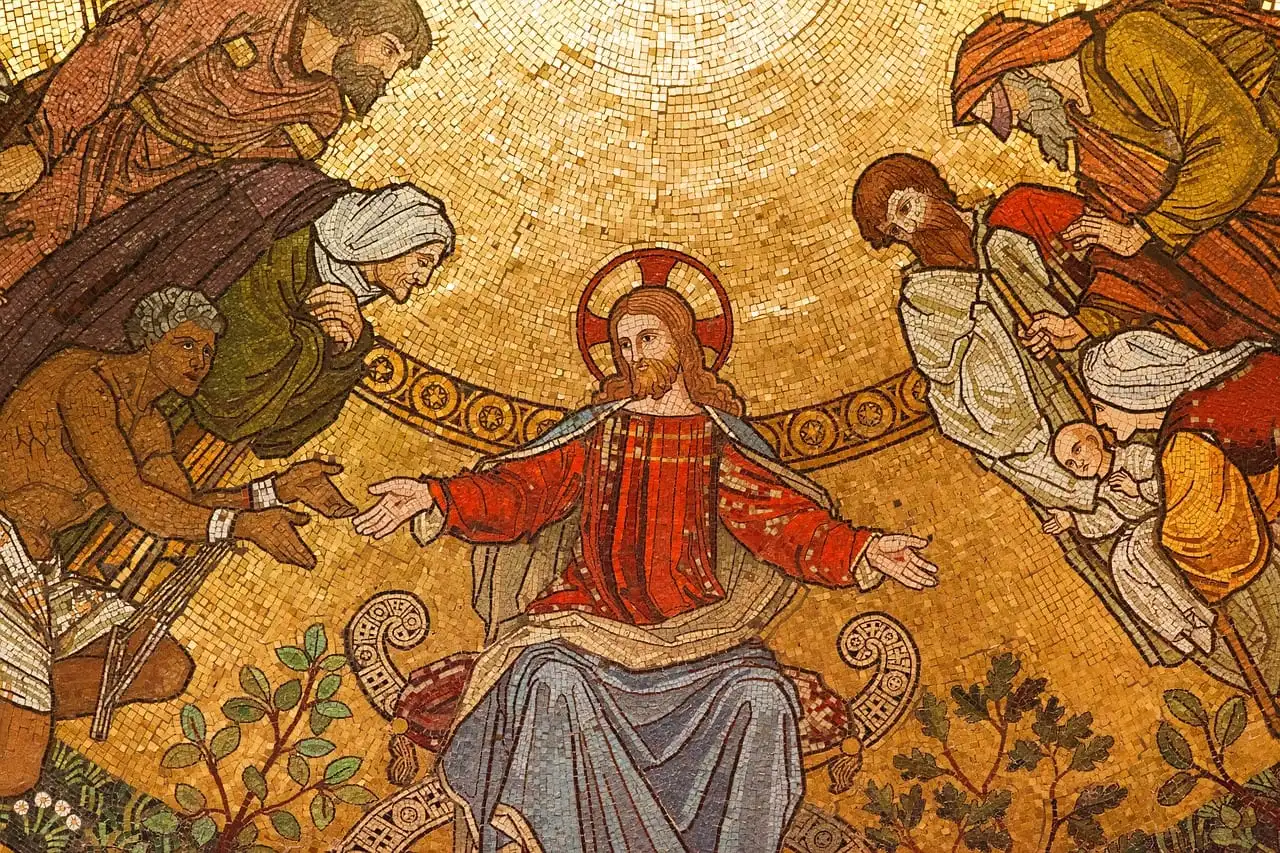Reflection for the 5th Sunday in Ordinary Time (Cycle A)
What does it mean for us – the followers of the Christ, along with other people of sincere faith – to “do good and avoid evil”? The subtle ambiguities of this fundamental axiom of living the virtuous life, in many cases, are seemingly less a miscomprehension of the radical differences between ‘good and evil’, than a more serious and misdirected understanding of what ‘doing good’ itself precisely is.
There may be two critical questions pertaining to this matter: Is ‘doing good’ merely the ‘avoidance of evil’? And is ‘doing good’ merely intended for the ‘good’ of oneself?
As for the first inquiry, is ‘doing good’ merely the enactment of my daily routines, for as long as I do not lie, cheat or steal? Is it in effect, the freedom to do anything I wish, for as long as I will not hurt anybody? It may be sensibly inferred that ‘the existence of one’ is almost always and not necessarily ‘the absence of an other’, in much the same way for example, an exclusive focus on avoiding unhealthy food does not ensure sustainable health. Conscious efforts to avoid evil will naturally result in acts meant to be ‘not evil’, but has the ‘good’ also been intended?
As for the second inquiry, is ‘doing good’ merely centered on what would be ‘good for me’? Is it in effect, purely oriented to one’s individual development or personal sanctification? It may be sensibly inferred that acts of evil derives its inordinate or misguided nature from ‘what one does to an other’, not from ‘what one does to oneself’; the notions of ‘good and evil’ have always been set in the context of appropriate relations between people. Hence, ‘doing good’ must similarly refer more to ‘what one does to an other’, than to ‘what one does to oneself’.
In this same sense therefore, the prophet correctly depicts for us ‘the good that must be done’. “Fast by sharing your food with the hungry, bring to your house the homeless, clothe the one you see naked and do not turn away from your own kin … remove from your midst the yoke, the clenched fist and the wicked word.” We are clearly being exhorted to become consistently responsible for others, especially for our families, and for those being left behind; patiently striving against their unjust burdens, against hatred and violence, against slander and deceit.
And ‘the good that is done’ will be the “healing” for those who suffer, as well as the “light” for those who caused suffering. For all who will persevere until the end, the Spirit will be their eternal protector and defender.
However, if ‘the good that must be done’, as our Lord commands, must inspire everyone to “praise our Father in heaven”, then servants for his kingdom of justice and peace must be constantly mindful of bearing consistently authentic witness to the “healing light” of the Divine, without losing faith, hope and love. They are “the salt of the earth” and “the light of the world”, whose “light must shine before others”, but whose “saltiness” must not “become useless.”
For his part, the Apostle succinctly notes that a servant’s “saltiness” can indeed easily “become useless” when one thinks ‘the good that must be done’ primarily demands “eloquence” or “a show of learning”. Without support and succor from the Source of “spirit and power”, “human wisdom” eventually falters, and we become “weak, fearful and trembling; our words … not brilliant.” Thus, ‘the good that must be done’ will effectively inspire when one’s “saltiness” – when one’s faith, hope and love – is founded only upon the quiet and humble revealing in our midst, of the “healing light” of the “crucified Messiah”, and of his wounds for the sake of infinite mercy and compassion.
Brother Jess Matias is a professed brother of the Secular Franciscan Order. He serves as minister of the St. Pio of Pietrelcina Fraternity at St. Francis of Assisi Parish in Mandaluyong City, coordinator of the Padre Pio Prayer Groups of the Capuchins in the Philippines and prison counselor and catechist for the Bureau of Jail Management and Penology.
The views expressed in this article are the opinions of the author and do not necessarily reflect the editorial stance of LiCAS.news.







